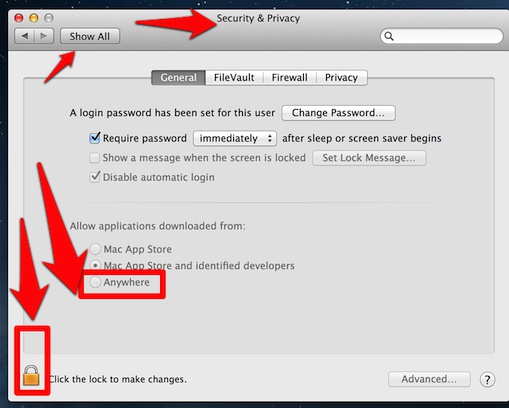
- #Xcode gfortran for mac os x
- #Xcode gfortran install
- #Xcode gfortran update
- #Xcode gfortran archive
# This tells Rstudio which R to use as defaultĮxport RSTUDIO_WHICH_R=/Users/hansolo/R-stuff/bin/R-devel/bin/R This makes it accessible by just using R in theĪlias R="/Users/hansolo/R-stuff/bin/R-devel/bin/R" The alias will look like, # R release version i.e latest release branch, use absolute paths bashrc or whatever shell you are using on your machine. Once R-studio is installed, and you have manually compiled R, you have to create an alias for your R-studio in your. # Then check the built system works correctly by
Once the configuration goes through without any errors, run make. ~/R-stuff/devel/configure -enable-R-shlib -enable-R-profiling -enable-memory-profiling -with-internal-tzcode=no All the libraries being installed will go into that directory. Be sure to configure R in a different directory as to where it was downloaded. Download recommended packages for R, this is available after you change into your devel or release-3-3 directory. (if you want to have devel and release versions of R on your machine) # will show the workflow for devel version of R. # SVN checkouto R-devel or a specific version of R. # I'm making a new directory in my home called "R-stuff" The next step is to download R from its source, by checkout from its svn repository. #Xcode gfortran for mac os x
darwin_idģ2-bit for Mac OS X 10.4 or higher, 64-bit for Mac OS X 10.5 or higherįor Mac OS X 10.6 (Snow Leopard) or higher Most people should be having OS-X Snow leopard or higher. One thing to keep in mind is the version of OSX being run, i.e take note of the binaries you download from.
#Xcode gfortran install
These steps help you install binaries of these programs without having to compile them from scratch.
If gfortran, pcre or liblzma is not installed on your machine, you can follow the steps below. We assume that the users have the following software installed, This step is not recommended for new users and it would be much easier installing R using homebrew. R CMD javareconf JAVA_CPPFLAGS=-I/System/Library/Frameworks/amework/HeadersĢ.2.3 Advanced R installation i.e compile from source For more functionality with making documents with code embedded within it (literate programming),you have to install LaTeX on your machine as well.īrew install libsvg curl libxml2 gdal geos boost. By default, Cask formula’s will create aliases in ~/Applications, but this option tells Homebrew to use /Applications instead Note: the inclusion of the -appdir option. Get brew cask and the homebrew science tapsīrew cask install -appdir=/Applications rstudio. #Xcode gfortran update
Update the “taps” on your machine and check if everything is fine. Install homebrew on your machine, copy and paste this in your terminal. Open your terminal application on your mac. deb installer with sudo dpkg -i rstudio-1.0.bĢ.2.2 Install of R and RStudio using homebrew (easy!) 
#Xcode gfortran archive
Download the appropriate archive by clicking on the RStudio 1.0.136 - link for your OS. To install RStudio, visit the RStudio download page. Note in particular the use specification of libraries (the lib prefix) and the use of the -dev version. Many of these are installed as dependencies of r-base-dev other common examples include the xml and curl libraries sudo apt-get install libxml2-dev When installing source packages, it may be necessary to have access to the -dev version of various system libraries. It is therefore convenient to install the -dev version of R. On Linux one usually needs to install R packages from source, and R package source often contains C, C++, or Fortran code requiring a compiler and -dev versions of various system libraries. On debian-based systems, the easiest way to install R is through a package manager manager, run under an administrator account. NOTE: See distribution-specific instructions for additional detail.





 0 kommentar(er)
0 kommentar(er)
